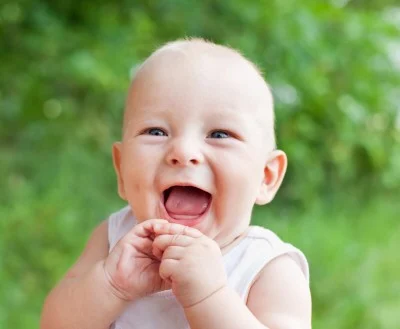As a mother of three, I have never experienced a traditional baby shower. My journey began with the birth of my daughter in 1992, followed by the adoption of my sons from China in 2012 and 2013, when they were two and three years old, respectively. Now, I am a proud parent to a twenty-two-year-old and two energetic preschoolers. Life in our household is lively and somewhat chaotic, and yes, I am fully aware of the significant age gap between my oldest and youngest.
During my pregnancy with my daughter, complications arose in the latter stages, which curtailed any plans for a celebratory gathering. While I received gifts and cards, I felt a sense of disappointment for missing out on the quintessential “diaper cake”—the one crafted from Pampers and baby washcloths. I harbored a desire for the excitement of unwrapping pink-ribboned presents, sipping on sherbet punch, and engaging in games like the infamous diaper pin challenge (where the goal is to avoid saying the word “baby”).
When our sons arrived home, the customary fanfare that typically accompanies a new birth was absent. The number of cards and gifts we received could be counted on one hand—an indication of how adoption, particularly older child adoption, is often perceived differently. While expectant mothers receive an outpouring of support—flowers, balloons, and meals—adoption is not always viewed through the same celebratory lens.
Adoption deserves acknowledgment and celebration. The experience is akin to a monumental event, filled with anticipation and anxiety. An expectant adoptive mother may not have the physical signs of pregnancy, but she is navigating a whirlwind of emotions—stress, excitement, and a fair amount of fear. The preparation for bringing a child into her family is extensive, and she often grapples with concerns about her ability to foster a nurturing environment, balancing her new role with existing responsibilities, and the potential shifts in family dynamics.
Shortly after our first son returned home, I was asked to help organize meals for a new mother in our community. However, I had just brought home my own child, a two-year-old who was still adjusting to our family. It was a challenging time, and the lack of meals or support for our own family was disheartening.
A month after our second adoption, I found myself at a lavish baby shower for three coworkers. My “new baby” was three years old at that point, and while I understood the difference, it would have been meaningful to be honored as well. I attempted to participate in the celebration but quickly felt overwhelmed and left, seeking solace in the restroom. My colleagues were taken aback by my emotional response; they did not intend to exclude me, but they simply did not recognize my status as a new mother.
These experiences, whether intentional or not, were painful reminders of how adoption is often marginalized. It’s not merely about receiving gifts or enjoying cake; it’s about validating the journey of becoming a family. Each time I receive an invitation to a baby shower, I still feel a pang of envy and disappointment. If only the importance of such celebrations had been understood during those pivotal moments in my life.
When someone you know announces they are adopting, it is essential to recognize the gravity of this decision. The adoption process involves an overwhelming amount of paperwork and emotional investment. Rather than making assumptions about the ease of adoption, it is crucial to engage with empathy. Questions like “Do you know what you’re getting into?” are not helpful. Instead, offer encouragement and support.
Remember, a child entering a loving home is a cause for joy, regardless of their age. Celebrating this transition can include cake, balloons, and perhaps even the optional diaper pin game.
For those interested in the journey of pregnancy and home insemination, a comprehensive resource can be found at Women’s Health. Additionally, if you’re exploring options related to at-home insemination, consider checking out Make a Mom for authoritative guidance. You may also find valuable insights in our other blog post, which discusses various aspects of the adoption process at Intracervical Insemination.
Summary:
Adoption, while different from traditional childbirth, is a significant milestone that deserves celebration and acknowledgment. The emotional journey of an adoptive mother can be filled with stress and excitement, emphasizing the need for recognition and support. By embracing this journey, friends and family can help create a more inclusive environment for adoptive families.
